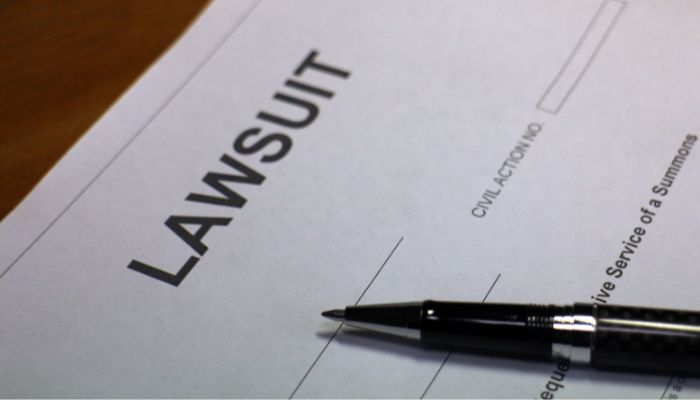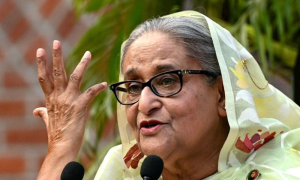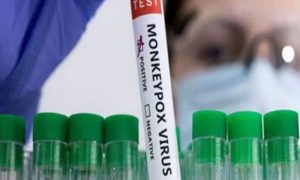Monitoring Desk
ISLAMABAD/LONDON: The UK government has started legal action to recover money from a firm at the centre of a row over supply of the personal protective equipment during the Covid-19 pandemic.
According to court records, the Department of Health and Social Care (DHSC) filed a lawsuit against PPE MedPro at London’s High Court on Monday.
Legal proceedings against MedPro
The UK Department of Health said that “we have commenced legal proceedings in the high court against PPE Medpro Limited for breach of contract regarding gowns delivered under an agreement dated 26 June 2020.
PPE MedPro refuted all allegations terming them one-sided and biased stating that the legal action would do the unwanted reading for the UK government.
The firm has been at the centre of a row for weeks with Britain’s main opposition Labour Party winning a vote earlier this month to force the government to release the documents related to 200 million pounds of personal protective equipment contracts given to the company.
Politicians belonging to the opposition have accused the government of running a chumocracy, awarding to deals those with family and business linking to people in power, including what turned out to be unusable PPE in some cases.
According to local media in the UK, Michelle Mone, who sits as a Conservative in parliament’s upper chamber, the House of Lords, recommended MedPro to the ministers at the beginning of the pandemic.
The government repeatedly has defended its actions to award the contracts quickly at the start of the COVID-19 pandemic in 2020, saying there was a global race for PPE and Britain has to be competitive to ensure its needs were met.
But since then, there has been criticism over how the contracts were awarded.
This year’s report by the Public Accounts Committee said that the government spent more than 12 billion pounds on protective equipment in 2020–21, 4 billion of which did not meet standards the National Health Service needed and so was not used.


























